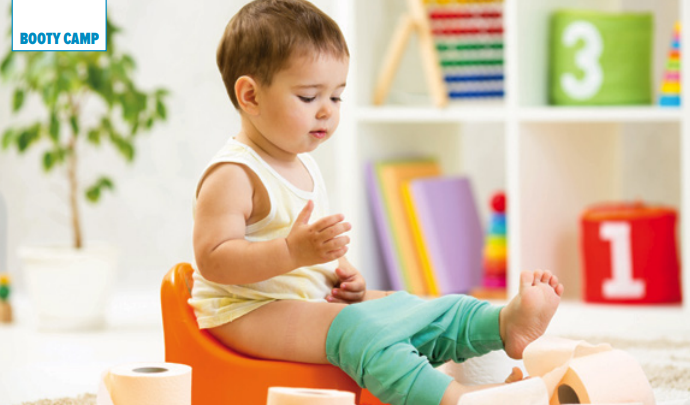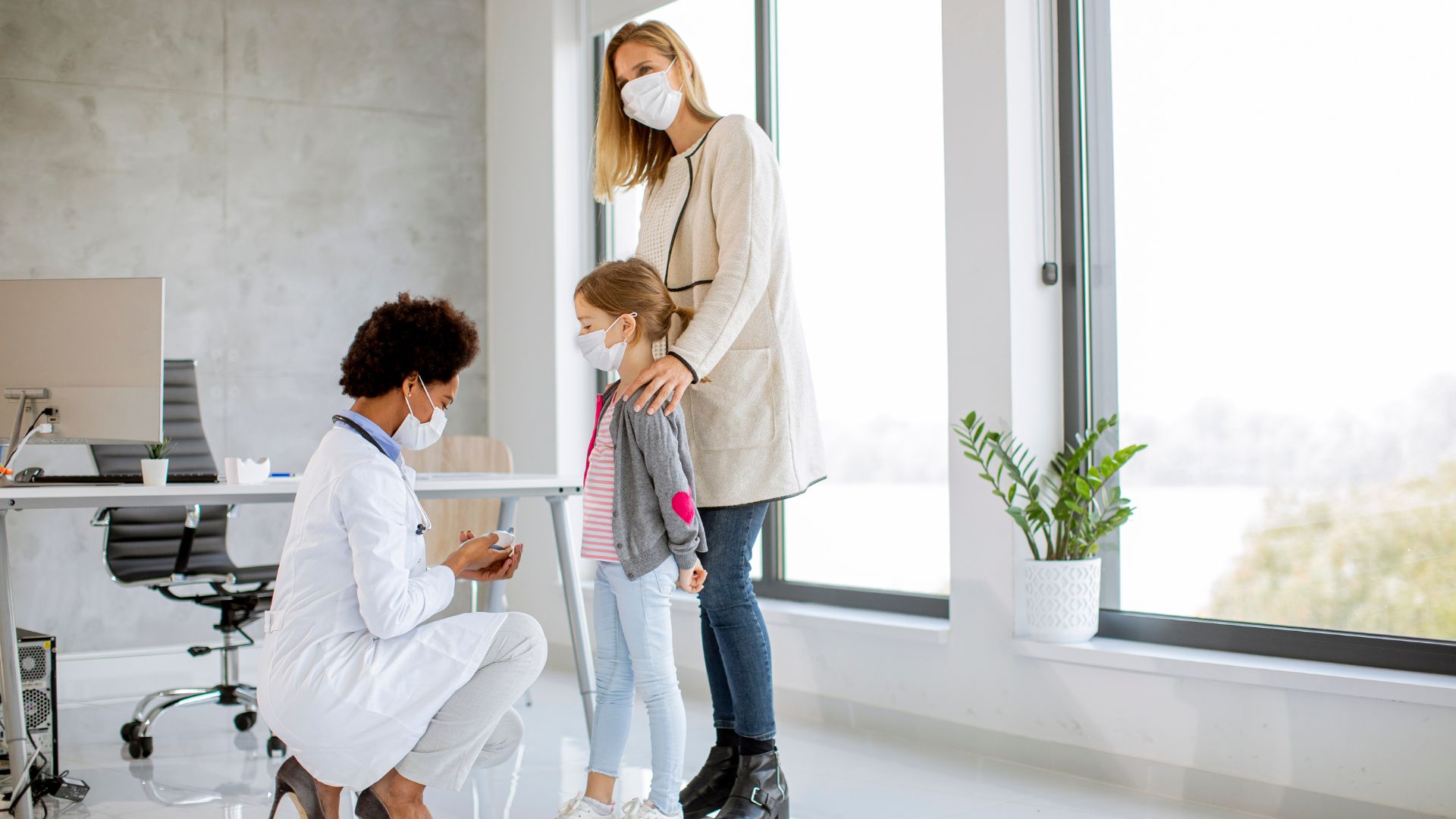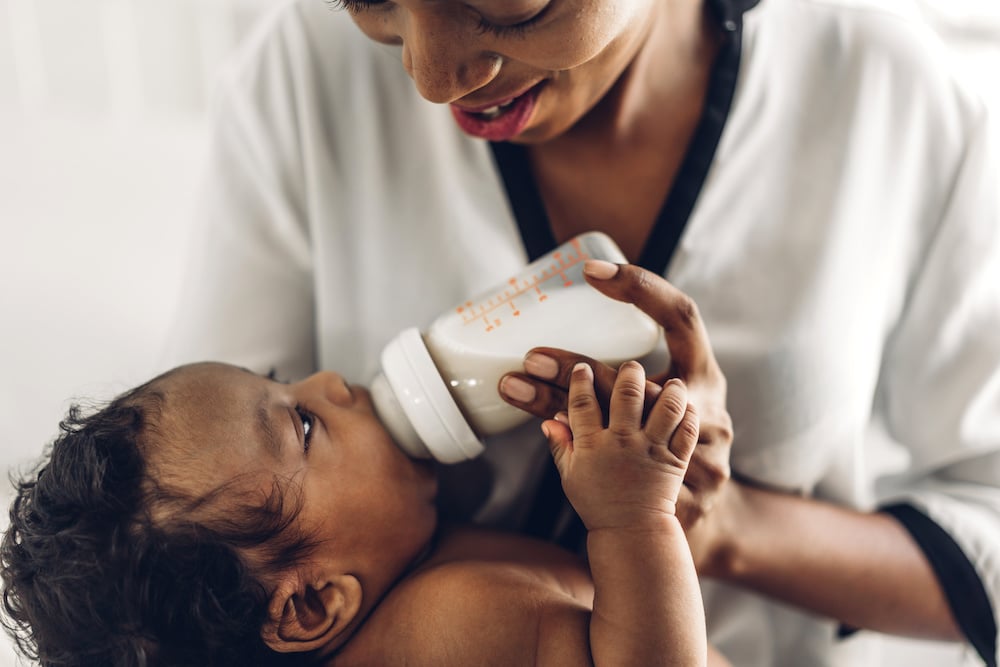Q: My son hates washing his hands, so we’ve resorted to using hand sanitizer almost exclusively, which he seems to do well with, even on his own. Is there a downside to this method?
A: There are two potential downsides.
First is that, though hand sanitizer is useful when there’s no sink/water and soap available, it’s not as effective in removing dirt as a proper sink hand washing.
Hand sanitizers are designed to kill bacteria, not to remove dust and dirt. Imagine the difference of only using hand sanitizer in place of bathing as your way of getting clean. It might work in a pinch (if you’re camping or in a place without running water and bathing facilities), but you definitely won’t feel (or be) as clean as you’d be if you took a regular bath or shower.
Also, studies have shown there’s no benefit to using antibacterial soap or other products in place of regular (non-antibacterial) products for removing dirt and bacteria.
Some infectious disease experts worry that antibacterial products may be killing off good bacteria that help protect our immune systems. There’s also the concern that these anti-bacterial products may increase our risk of creating “super bugs” or bacteria that require stronger medications when they cause infection.
The second downside is that most antibacterial hand sanitizers use some form of alcohol base (ethanol). If an average 30-pound 2-year-old were to accidentally ingest 4 to 5 teaspoons of hand sanitizer, there’s a high likelihood it could produce toxic effects requiring medical attention.
Also, many hand sanitizers contain triclosan, a controversial chemical the state of Minnesota banned earlier this year (though the ban doesn’t take effect until 2017). See ewg.org/skindeep for a list of triclosan-free sanitizers.
Keep all hand sanitizers out of reach of young children.




















